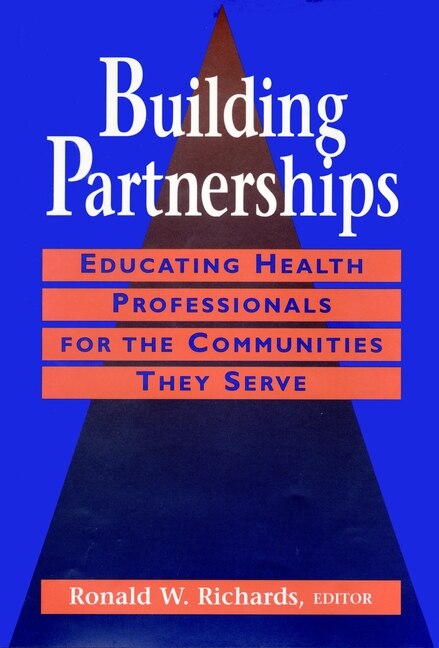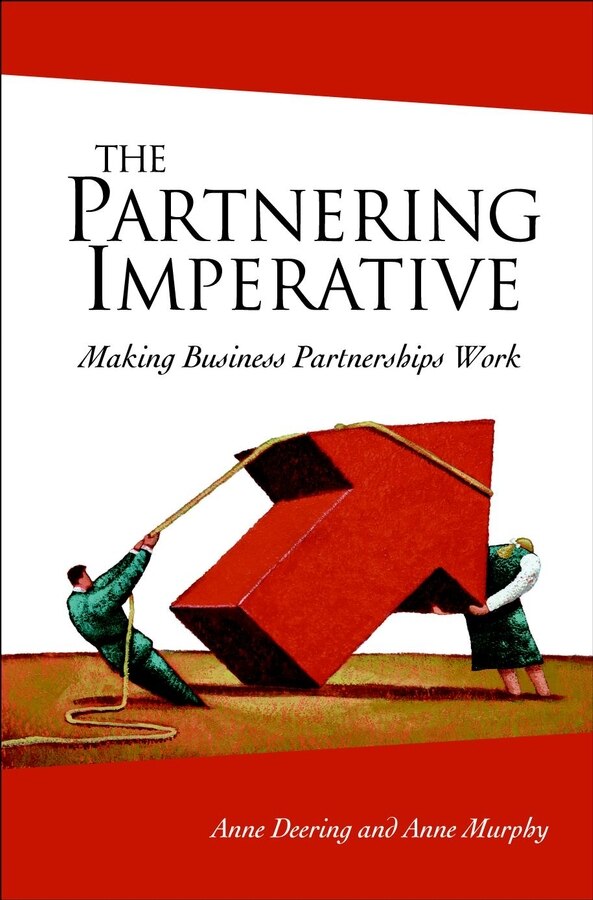Home
Building Partner Capacity With Operationally Responsive Space by Damon S Feltman, Paperback | Indigo Chapters
Loading Inventory...

Building Partner Capacity With Operationally Responsive Space by Damon S Feltman, Paperback | Indigo Chapters
From Damon S Feltman
Current price: $60.51


From Damon S Feltman
Building Partner Capacity With Operationally Responsive Space by Damon S Feltman, Paperback | Indigo Chapters
Current price: $60.51
Loading Inventory...
Size: 0.06 x 9.69 x 0.15
*Product information may vary - to confirm product availability, pricing, shipping and return information please contact Coles
Observers of the U. S. Department of Defense (DoD) will note the recent emergence of the terms \"contested domain\" or \"contested environment\" regarding U. S. operations in space. The phrase \"space is a contested domain\" is almost always used in a context meant to evoke thoughts of adversaries actively struggling for superiority in an environment of military utility. This is natural as the appearance of the language occurred after notable recent hostile actions taken against various space assets, which include Iraq's use of Global Positioning System jammers in 2003; the jamming of satellite communications by Iran and Libya in 2003 and 2005, respectively; and, most dramatically, the Chinese anti-satellite test in January 2007. Although it is natural to focus on the militaristic \"hard power\" aspects of a contested space domain, it is equally important to note the presence of an existing \"soft power\" contest as well. While the U. S. must certainly address ways to mitigate or defeat threats to its space systems, it must also address its general space competitiveness, to include the cooperation and support it promotes with other nations. \"Cooperation and support\" actions should include efforts by the United States to use its current position as the world's dominant space actor to influence the entry and growth of partner nations in space. As the DoD's Executive Agent for Space, the Air Force is ideally suited to take a prominent role in such an activity through two existing initiatives - Operationally Responsive Space (ORS) and the United States Air Force Global Partnership Strategy (USAFGPS). While the vision for ORS and USAFGPS already includes consideration for international partnerships, predominately with existing space-faring allies, this paper will argue that there are additional benefits if the partnership concept is expanded to include growing space capabilities with limited or non space-faring nations. | Building Partner Capacity With Operationally Responsive Space by Damon S Feltman, Paperback | Indigo Chapters


















